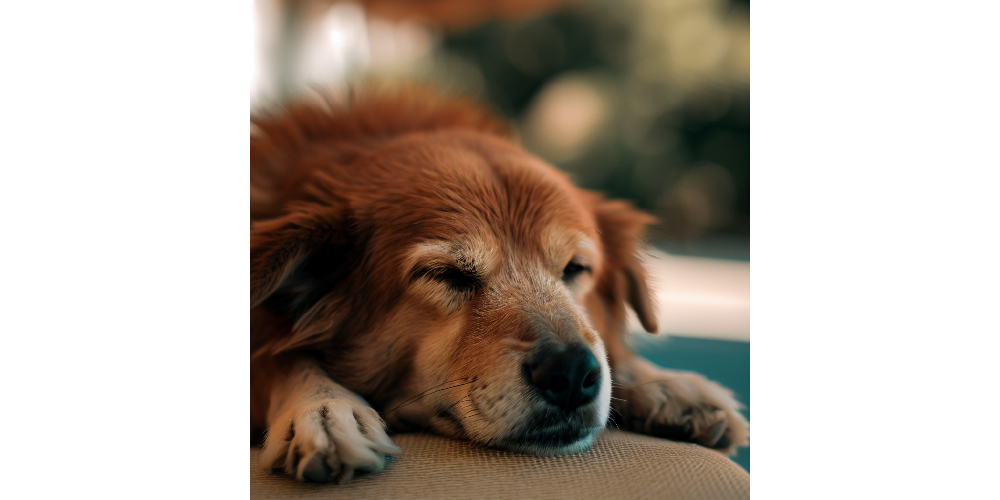
How to Prevent Motion Sickness in Dogs During Car Rides
Share
Many dogs love car rides, but for some, motion sickness can make traveling a stressful experience. Just like humans, dogs can experience nausea and discomfort due to movement, which can turn an exciting trip into an unpleasant one. Fortunately, there are several ways to prevent and manage motion sickness in dogs.
What Causes Motion Sickness in Dogs?
Motion sickness in dogs is often caused by:
-
Inner ear imbalance, particularly in puppies whose ear structures are still developing.
-
Anxiety or stress related to car rides, especially if they associate travel with negative experiences like vet visits.
-
Lack of exposure to car rides during their early socialization period.
Signs of Motion Sickness in Dogs
Recognizing the signs early can help you take action before your dog becomes too uncomfortable. Common symptoms include:
-
Excessive drooling
-
Whining or restlessness
-
Vomiting or retching
-
Lethargy or reluctance to get in the car
-
Excessive licking of lips
Tips to Prevent Motion Sickness
-
Start with Short Trips
Gradually introduce your dog to car rides with short, positive experiences. Reward them with treats and praise to create a positive association with travel. -
Limit Food Before Travel
Avoid feeding your dog a large meal before a trip. A small snack a few hours before travel can help prevent nausea without leaving their stomach too empty. -
Ensure Proper Ventilation
Keep windows slightly open to allow fresh air to circulate. Proper airflow can help reduce nausea and create a more comfortable environment. -
Use a Dog Booster Seat or Crate
Keeping your dog secure in a booster seat or travel crate can minimize excessive movement, which can help prevent dizziness and sickness. -
Take Breaks on Long Trips
Frequent stops allow your dog to get some fresh air, stretch their legs, and relieve themselves. Short breaks can help reset their equilibrium and reduce nausea. -
Try Natural Remedies
Ginger is a natural anti-nausea remedy that can help some dogs. You can offer ginger treats or consult your vet about safe ginger-based supplements. -
Use Anxiety-Reducing Techniques
If your dog’s motion sickness is linked to anxiety, calming techniques like pheromone sprays, calming music, or a favourite blanket can provide comfort. -
Consider Motion Sickness Medication
In severe cases, your veterinarian may recommend anti-nausea medications or antihistamines. Always consult a vet before giving any medication.
Final Thoughts
Motion sickness in dogs can be managed with the right strategies, making car rides enjoyable for both you and your furry friend. By gradually exposing your dog to travel, ensuring a comfortable setup, and using natural or medical remedies when needed, you can help your pet become a happy and confident traveller!
